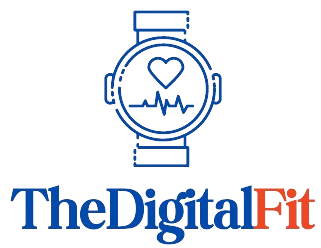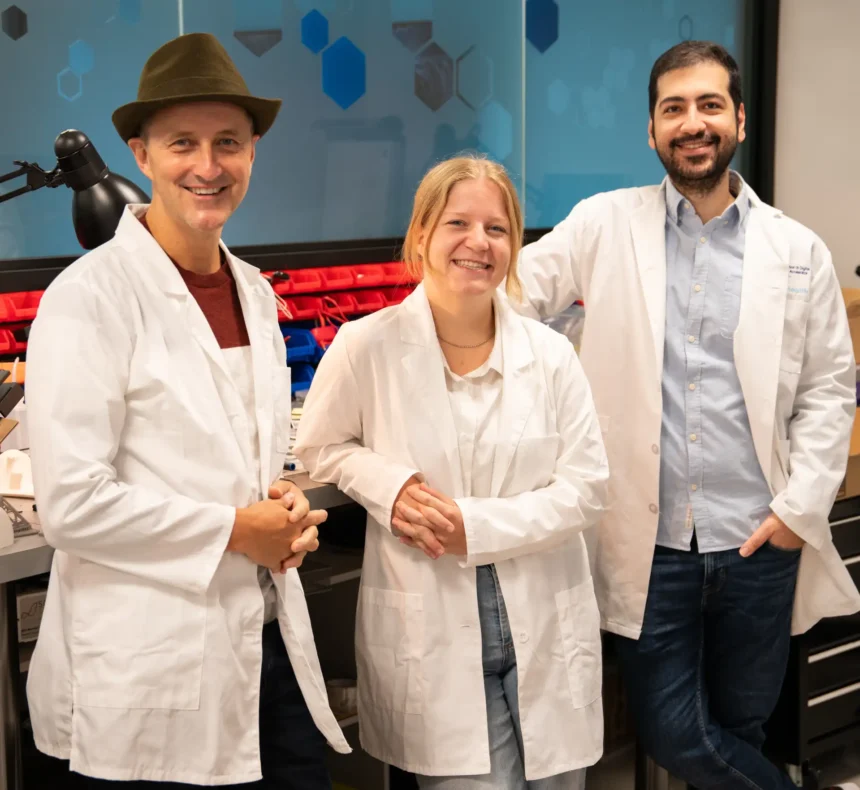A team of scientists have unveiled a cutting-edge, non-invasive technique that can predict chronic high blood pressure (hypertension) with a high degree of accuracy using just a person’s voice.
In the study published in the peer-reviewed journal IEEE Access, the researchers at Klick Labs asked 245 participants to record their voices up to six times daily for two weeks by speaking into a proprietary mobile app developed by Klick scientists. The app was able to detect high blood pressure with accuracies of up to 84 per cent for females and 77 per cent for males.
Also Read: Harvard researchers develop ChatGPT-like AI model that can diagnose cancer
The app uses machine learning to analyse hundreds of vocal biomarkers that are indiscernible to the human ear, including the variability in pitch (fundamental frequency), the patterns in speech energy distribution (Mel-frequency cepstral coefficients), and the sharpness of sound changes (spectral contrast).
“By leveraging various classifiers and establishing gender-based predictive models, we discovered a more accessible way to detect hypertension, which we hope will lead to earlier intervention for this widespread global health issue. Hypertension can lead to a number of complications, from heart attacks and kidney problems to dementia,” said Yan Fossat, senior vice president of Klick Labs and principal investigator of the study.
Also Read: This Indian healthcare firm explores Google’s AI model to detect disease based on coughs
The World Health Organization (WHO) refers to hypertension as the “silent killer,” and it is a significant global public health concern that affects over 25 per cent of the global population. Half of the people affected are unaware of their condition, and more than 75 per cent of those diagnosed live in low- or middle-income countries.
“Voice technology has the potential to exponentially transform healthcare, making it more accessible and affordable, especially for large, underserved populations,” said Jaycee Kaufman, Klick Labs research scientist and co-author of the study.
“Our ongoing research increasingly demonstrates the significant promise of vocal biomarkers in detecting hypertension, diabetes, and a growing list of other health conditions,” she added.

